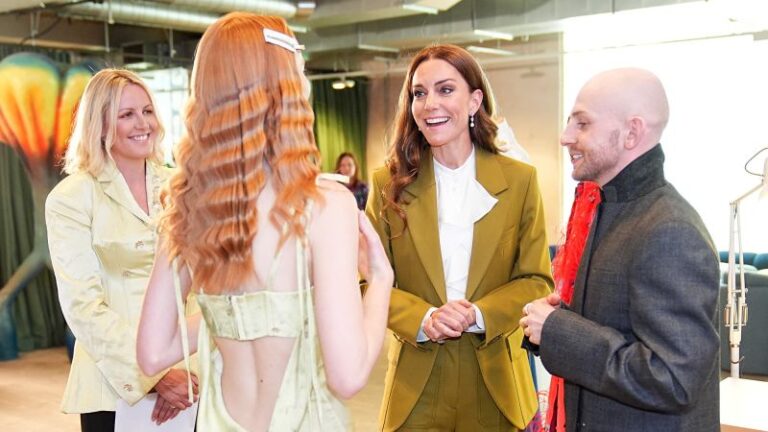The Changing Landscape of British Fashion: Inclusivity and Accessibility
London —
When Laura Weir stepped into her role as the CEO of the British Fashion Council (BFC) this summer, she emphasized her commitment to inclusivity. Her inaugural speech addressed a pressing issue in the fashion industry: the daunting challenge faced by emerging designers who lack financial backing.
Challenges for Working-Class Designers
The impact of the UK’s exit from the EU in 2020 has significantly affected funding in creative sectors. Rising costs associated with studio hires and catwalk shows are making it increasingly hard for working-class designers to thrive. Moreover, designers from ethnic minority backgrounds encounter additional hurdles due to systemic barriers, compounding the challenges they face.
Weir’s Vision for a New Era
Weir aims to reset British fashion, focusing on accessibility and opportunity. Collaborating with Sarah Mower, a veteran journalist, she launched initiatives that reconnect designers with young aspiring talent in schools. By removing participation fees for BFC members showcasing their work at London Fashion Week, she is leveling the playing field—previously, these fees could soar up to £30,000 ($40,683).
Wider Implications of Inequality in Fashion
The challenges encountered by British fashion designers reflect a broader issue within the UK arts sector. A significant number of leaders in the industry hail from affluent backgrounds; for instance, a report revealed that nearly one-third of major arts figures were privately educated. This socio-economic disparity raises questions about future inclusivity and diversity in the fashion realm.
The Burden of Financial Constraints
Designers like Patrick McDowell reveal the harsh reality of financing education in fashion. While studying at Central Saint Martins, McDowell struggled with tuition costs and the expenses of living in London, juggling multiple jobs to support their education. The rising tuition fees and living costs further stress the need for financial assistance in the fashion industry.
Impact of Brexit and Rising Costs
The repercussions of Brexit and the pandemic have further complicated life for UK designers. Increased tariffs and logistical delays have inflated production costs, making it tougher for designers to showcase their work effectively. Many young talents face the grim reality of accumulating debt as they attempt to carve out a space in the industry, highlighting the urgent need for institutional support.
Looking Ahead: A Hopeful Future
Weir acknowledges the pressing need to alleviate financial pressures in fashion, ensuring that working-class voices are not silenced by unreasonable costs. As McDowell optimistically states, “There’s an intention for it to be better,” signifying a collective push toward a more inclusive and accessible fashion landscape. By fostering talent over privilege, the future of British fashion can be more representative and diverse.
